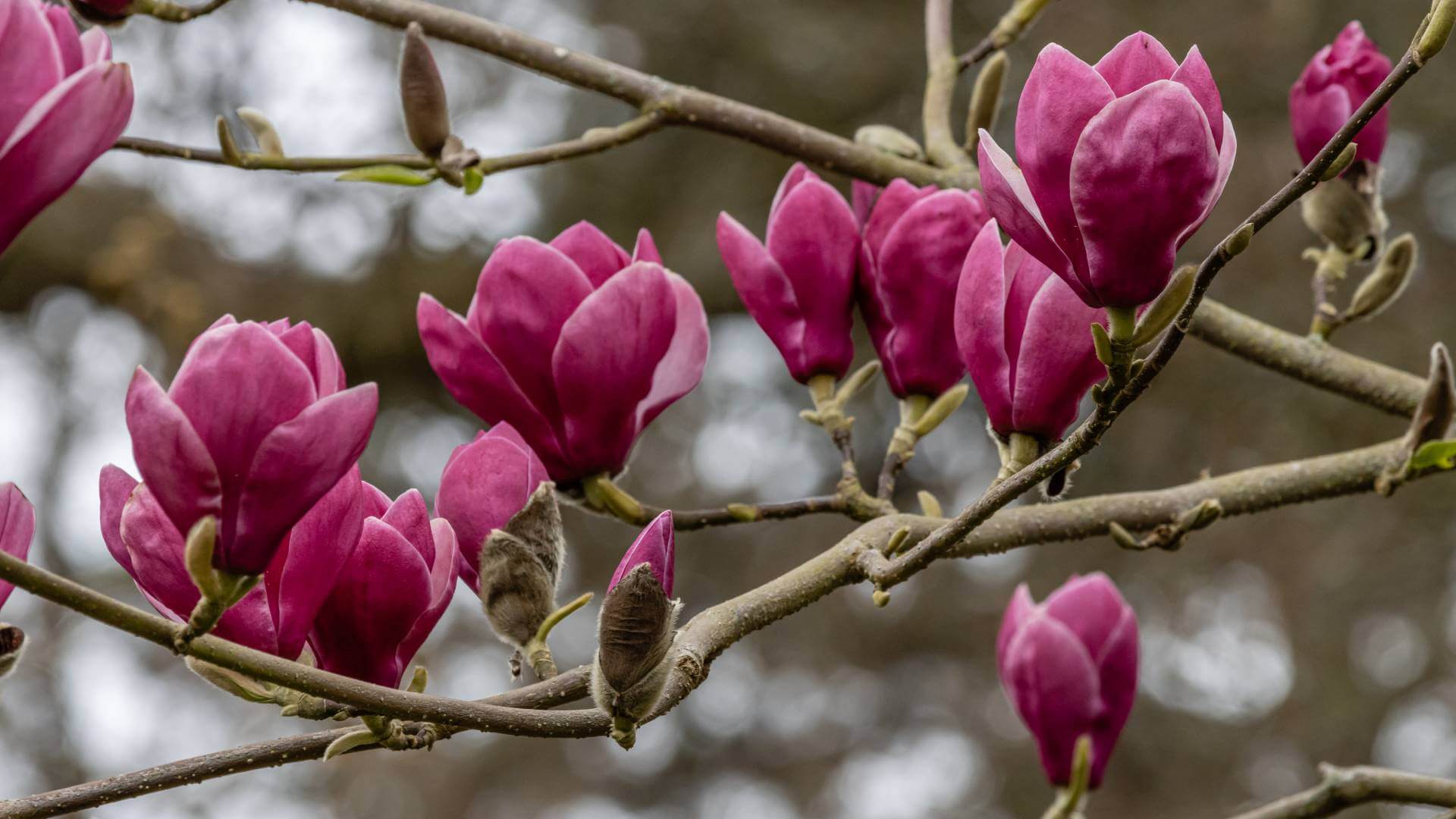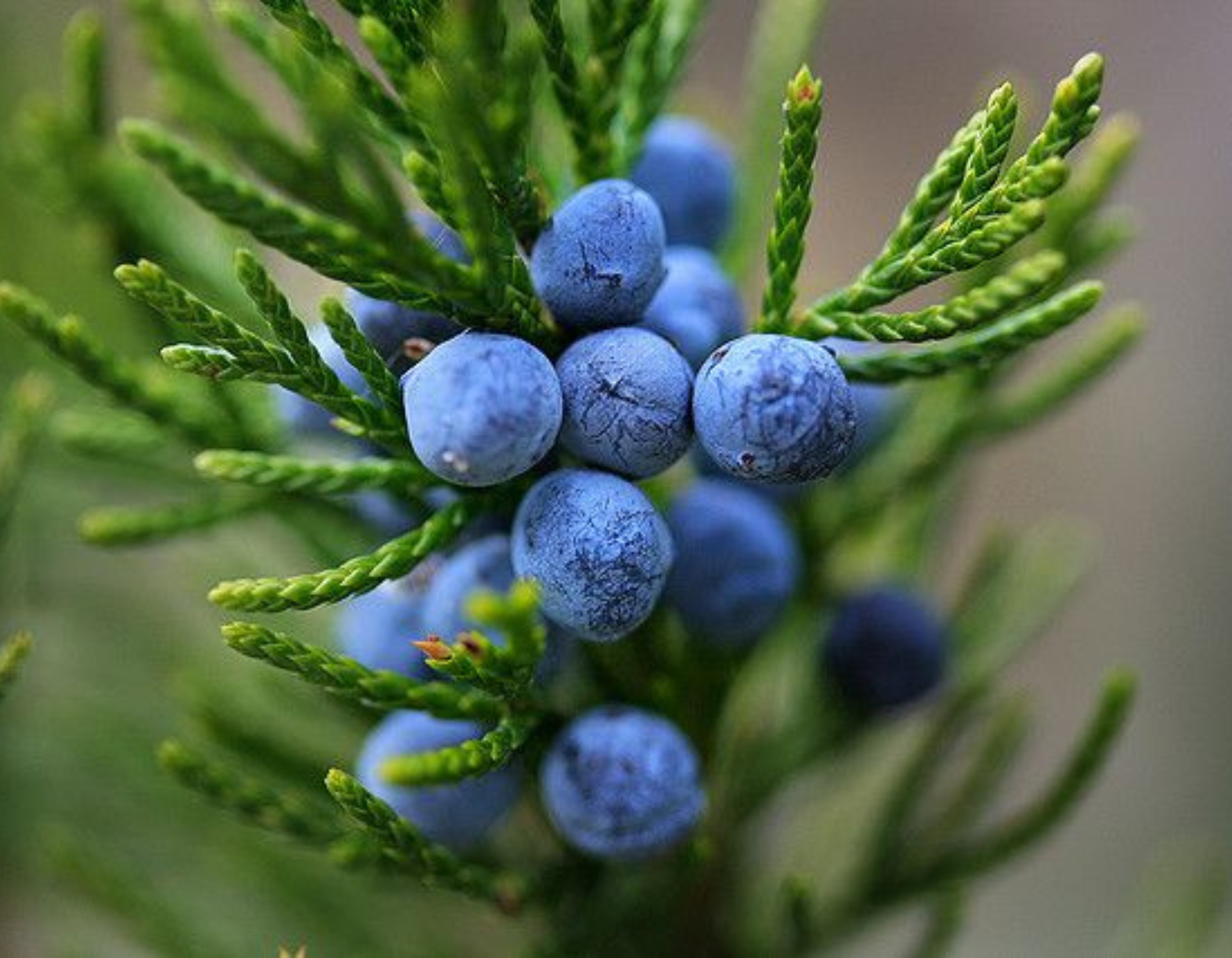
THE SCIENCE OF SMELL
Our sense of smell involves a process of communication between sensory organs, nerves and the brain. The olfactory system is responsible for this process.
The architecture of the nose is fascinating. When you breathe in through the nostrils, the air travels to the olfactory epithelium (a type of tissue). This area holds many chemical receptors which detect odours. These receptors send messages to the olfactory bulbs. The message is then forwarded to the olfactory cortex of the brain. Once the information has been relayed, the olfactory cortex, which is a component of the limbic system (processing emotions and memory), organises the sensory information.
The system is so beautifully complex that scientists cannot fully grasp the way in which the receptor neurons process and distinguish between trillions of scents.
What we do know, is that the olfactory cortex communicates with other limbic system structures such as the amygdala and the hippocampus. The amygdala is involved in the formation of emotional responses and memories. The hippocampus helps regulate emotional responses. Therefore, the limbic system directly connects odour to emotion and memory. This is why specific smells can provoke emotions based on the memory they are connected to. Take peppermint as an example. One person may be reminded of a sipping on a Mojito in Fiji. Another might recoil at the memory of a heavy breathing smoker covering up their bad breath with peppermint chewing gum.
This information is exciting for perfumer designers and perfume wearers as it creates space for playful storytelling. At Perfume Playground we love experimenting with emotion and memory during the scent design process, adding a layer of depth to our fragrance.
Smell is an overlooked element of wellbeing. Scent impacts emotion. Use this knowledge to draw on your essential oil allies whenever you need a mood boost. We recommend lemon for its invigorating properties. Although, it is entirely subjective based on your scent associations!
What smells do you associate with positive memories?
Would you like to incorporate your ‘happy’ smells into a natural fragrance?
Have a go at our upcoming Perfume Playground workshops. You will sense the difference.



